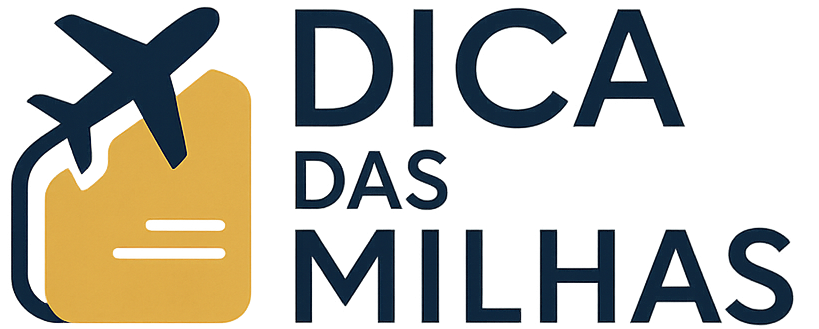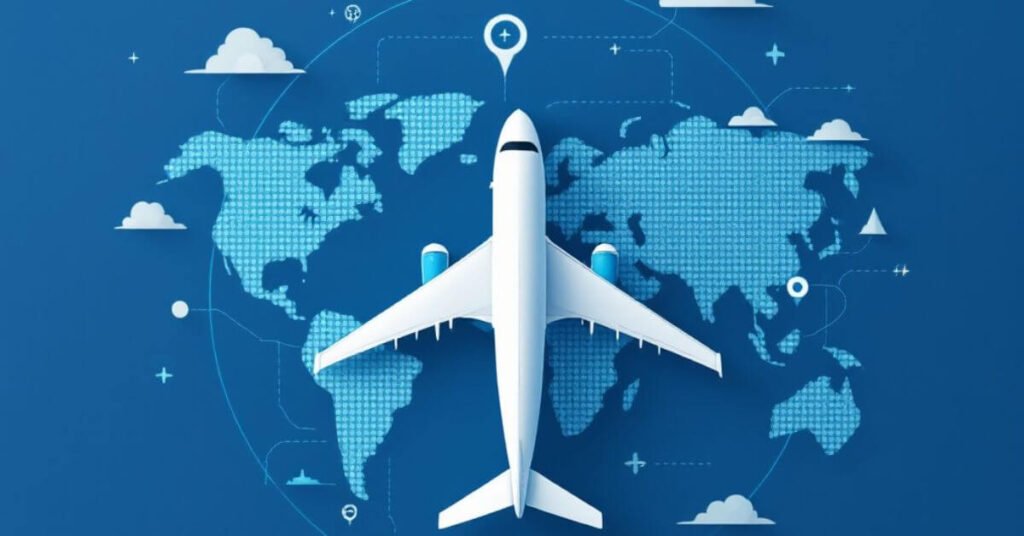Entering the world of miles, points, and travel rewards can feel overwhelming at first. There’s a lot of specialized language — terms that frequent travelers, bloggers, and credit card experts throw around as if everyone already knows them. But if you want to maximize your rewards, save money, and travel better, understanding these common terms in the miles world is absolutely essential.
This guide will walk you through the most important concepts, explain them clearly, and give you the confidence to navigate loyalty programs like a pro.
What Are Miles and Points?
Let’s start with the basics: miles and points are two types of rewards currencies used by airlines, hotels, and credit card companies to encourage customer loyalty.
- Miles: Typically associated with airline loyalty programs. You earn miles by flying, spending on co-branded credit cards, or transferring points from bank programs.
- Points: More flexible currency earned through credit card spending, shopping, or promotional activities. Points can often be transferred into miles for flight redemptions.
While the two terms are sometimes used interchangeably, remember: miles are usually tied to airlines, while points are more flexible and often associated with banks or retail partners.
Loyalty Program
A loyalty program is a structured rewards system created by airlines, hotels, or banks. The idea is simple: the more you spend or fly, the more rewards you earn.
Examples:
- Smiles (GOL Airlines)
- Latam Pass (LATAM Airlines)
- MileagePlus (United Airlines)
- AAdvantage (American Airlines)
Each loyalty program has its own rules for earning and redeeming miles, so it’s important to study the details before committing your loyalty.
Award Ticket
An award ticket is a plane ticket purchased using miles instead of cash. While you won’t have to pay the full fare, most award tickets still require you to pay taxes and fees in cash.
Example:
- Economy ticket New York to London costs 60,000 miles plus $180 in taxes and surcharges.
Award tickets are the most popular way travelers use miles because they usually offer the best value compared to other redemptions like merchandise or hotel stays.
Redemption
Redemption is the act of exchanging your miles or points for rewards — most often flights, but sometimes hotels, upgrades, gift cards, or products.
When choosing a redemption, always calculate the cents per mile value to ensure you are getting a good deal. Flights usually offer better value than other options.
Transfer Bonus
A transfer bonus is an incentive where a bank or points program offers you extra miles when you transfer your points to an airline or hotel program.
For example:
- Livelo may offer a 100% bonus when transferring to Smiles, meaning your 10,000 points become 20,000 miles.
Timing your transfers around these bonuses is key to maximizing your travel rewards.
Stopover
A stopover is a planned stop in an intermediate city between your origin and destination, usually lasting more than 24 hours for international flights.
Example:
- Flying from New York to Bangkok with a three-day stopover in Tokyo.
Some airlines allow free or low-cost stopovers, giving you the chance to visit multiple cities for the price of one ticket.
Open Jaw
An open jaw ticket means you fly into one city but depart from a different one.
Example:
- Fly into Paris, return home from Rome.
Open jaw itineraries allow you to explore more destinations without backtracking and can be booked using miles at no additional mileage cost in many programs.
Mileage Run
A mileage run is a trip taken primarily to earn frequent flyer miles or qualify for elite status, rather than for the destination itself.
Travelers might book cheap long-haul flights just to accumulate enough miles or segments to reach a higher loyalty tier before the year ends.
Elite Status
Elite status is a higher membership level in a loyalty program, unlocked after flying a certain number of miles, segments, or spending a certain amount.
Common elite tiers:
- Silver
- Gold
- Platinum
- Diamond
Benefits of elite status often include:
- Priority boarding
- Free baggage allowance
- Upgrades to business class
- Lounge access
- Bonus miles on flights
Earning elite status can significantly enhance your travel experience.
Expiration Date
Most miles and points have an expiration date, after which they become worthless if unused.
Expiration policies vary:
- Some programs reset the expiration clock every time you earn or redeem miles.
- Others have a hard expiration (e.g., 24 or 36 months from when the miles are earned).
Always monitor your balances and use your miles before they expire.
Minimum Connection Time (MCT)
Minimum connection time is the least amount of time required between two connecting flights to ensure you make your next flight.
If your connection is shorter than the MCT and you miss your flight, the airline must rebook you at no extra cost.
Understanding MCT is critical when planning award trips with connections.
Saver Awards vs. Standard Awards
- Saver Awards: Limited-availability tickets offered at the lowest mileage cost. They often require booking early.
- Standard Awards: More expensive in miles but more available when Saver space is gone.
Smart travelers plan ahead to snag Saver Awards and get the best value.
Dynamic Pricing
Some airlines use dynamic pricing for award tickets. Instead of fixed mileage charts, the number of miles needed depends on demand, date, and cash ticket prices.
Dynamic pricing can mean:
- Great deals during off-peak seasons.
- Sky-high mileage requirements during holidays.
Programs like Delta SkyMiles and Smiles from GOL Airlines use dynamic pricing models.
Fuel Surcharges
When redeeming miles for flights, you might still have to pay fuel surcharges and other taxes. These fees can sometimes be hundreds of dollars.
When booking award tickets, always check the total cash component — not just the mileage cost.
Mileage Multiplier
A mileage multiplier is a paid option that allows you to earn extra miles on a flight by paying a fee.
For example:
- For $50, you can double the miles earned on your trip.
Sometimes it’s worth it, especially if you are close to qualifying for elite status.
Status Match and Status Challenge
- Status Match: An airline grants you elite status based on your status with another airline.
- Status Challenge: You are given temporary elite status and must meet certain flying requirements within a time frame to keep it.
If you frequently switch airlines, a status match can help you maintain benefits without starting from scratch.
Mileage Pooling
Mileage pooling allows family members or friends to combine their miles into one account for redemption.
Programs like Smiles and TudoAzul offer pooling options, making it easier to accumulate enough miles for big trips.
Co-branded Credit Card
A co-branded credit card is issued by a bank in partnership with an airline or hotel chain.
These cards often offer:
- Signup bonuses (e.g., 40,000 miles after spending $3,000 in 3 months)
- Bonus earning on airline purchases
- Free checked bags
- Priority boarding
Examples:
- LATAM Pass Itaucard Visa
- American Express Smiles Card
Having a good co-branded card can accelerate your mileage accumulation dramatically.
Taxes and Fees
When booking an award ticket, taxes and fees must usually be paid separately in cash.
Examples:
- US to Europe award tickets might have $100–$300 in taxes.
- Flights departing from the UK often have higher surcharges.
Always include taxes and fees in your calculations when judging whether an award redemption is a good deal.
Conclusion: Mastering the Common Terms in the Miles World
Learning the common terms in the miles world is a critical first step toward maximizing your travel rewards. With a solid understanding of concepts like award tickets, stopovers, mileage runs, and dynamic pricing, you can make smarter decisions, stretch your miles further, and enjoy premium travel experiences for a fraction of the usual cost.
The loyalty world rewards knowledge, flexibility, and strategic planning. The more you understand the language of miles and points, the more doors open for incredible adventures.
Stay curious, keep learning, and most importantly, start applying these terms today to book smarter, fly better, and explore more.
Elaine A. da Silva is a Brazilian travel and finance enthusiast, best known as the creator of the blog Dica das Milhas. With a strong background in personal finance and a passion for exploring smart travel strategies, she specializes in simplifying the world of airline miles and travel rewards for everyday people. Through her blog, Elaine shares practical tips, insider knowledge, and step-by-step guides to help readers save money and travel more efficiently using loyalty programs and credit card points.







